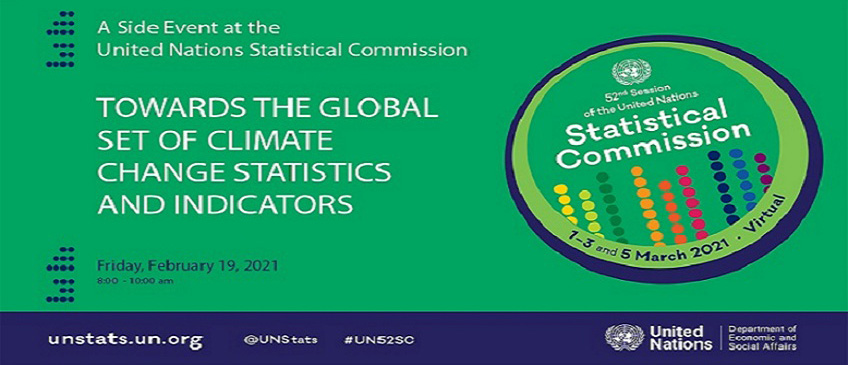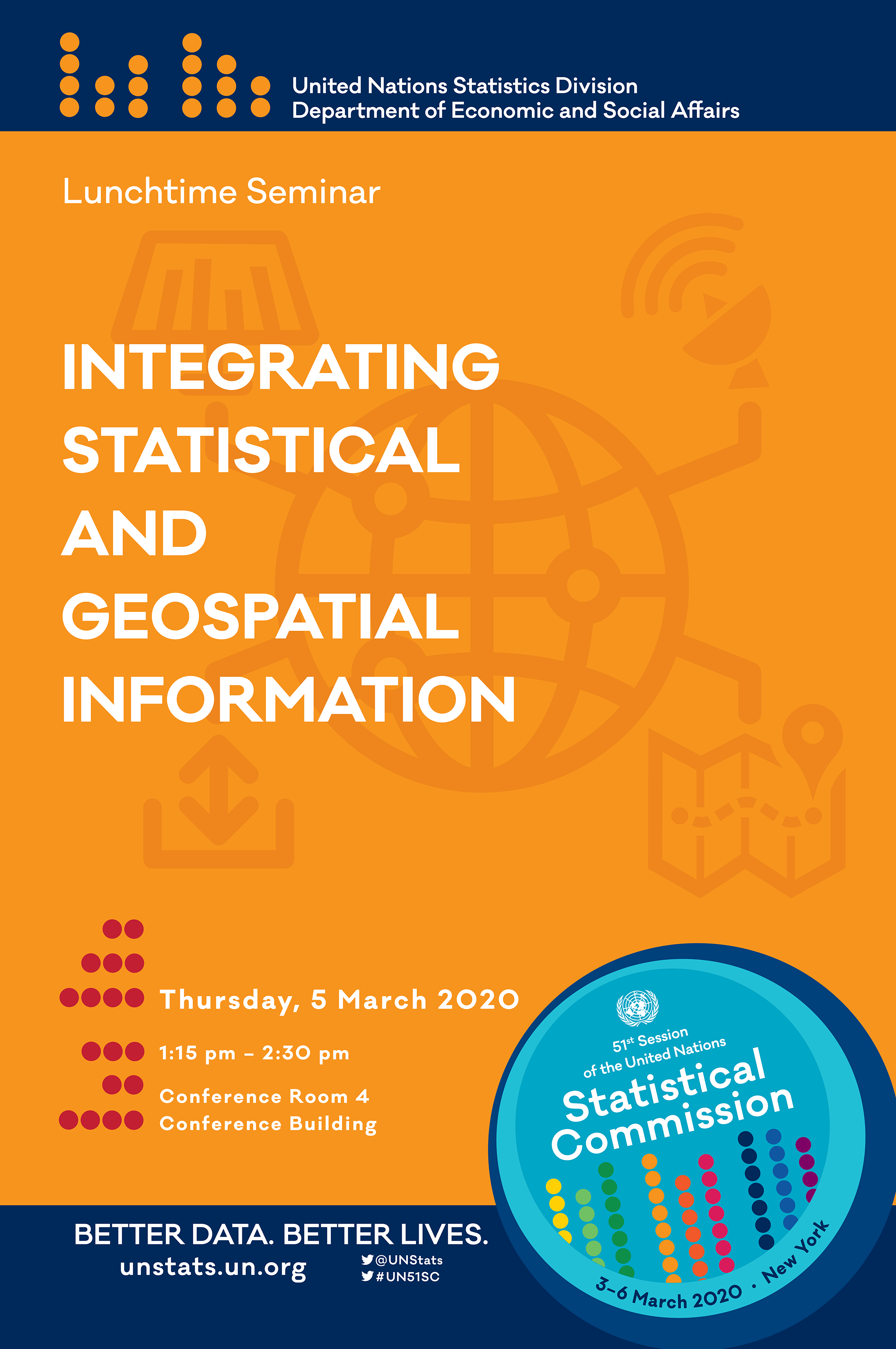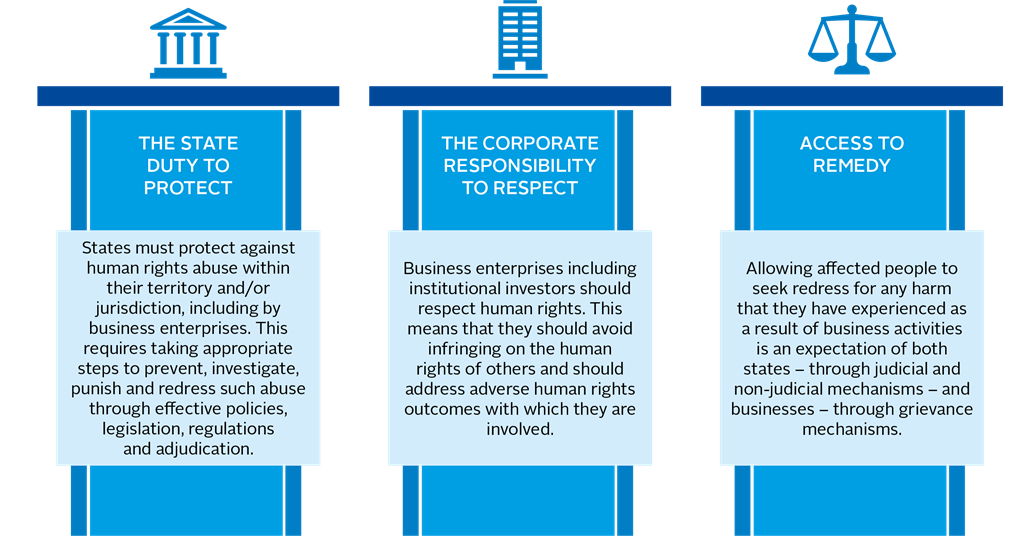

Official statistics are collected by government to inform debate, decision-making and research both within government and by the wider community.14.4.5 The following extract from the White Paper: “Open Government” published by Her Majesty’s Government, UK, in July 1993 gives the rationale for reforms in its statistical system:.Reforms in the Statistical System in UK.The experience of other countries is given in Annexe 14.6.

The statistical system of the United Kingdom has recently been entirely restructured: this is described below.
14.4.4 The Commission examined in detail the present status of the statistical systems of several countries. Bilateral and multilateral cooperation in statistics contributes to the improvement of system of official statistics in all countries. The use by statistical agencies in each country of international concepts, classifications and methods promotes the consistency and efficiency of statistical systems at all levels. Coordination among statistical agencies within countries is essential to achieve consistency and efficiency in the statistical system. The laws, regulations and measures under which the statistical systems operate are to be made public. Individual data collected by statistical agencies for statistical compilation, whether they refer to natural or legal persons, are to be strictly confidential and used exclusively for statistical purposes. Statistical agencies are to choose the source with regard to quality, timeliness, costs and the burden on respondents. Data for statistical purposes may be drawn from all types of sources, be they statistical surveys or administrative records. The statistical agencies are entitled to comment on erroneous interpretation and misuse of statistics. To facilitate a correct interpretation of the data, the statistical agencies are to present information according to scientific standards on the sources, methods and procedures of the statistics. Un fundamental principles of official statistics professional#
To retain trust in official statistics, the statistical agencies need to decide according to strictly professional considerations including scientific principles and professional ethics on the methods and procedures for the collection, processing, storage and presentation of statistical data.To this end, official statistics that meet the test of practical utility are to be compiled and made available on an impartial basis by official statistical agencies to honour citizens’ entitlement to public information.
 Official statistics provide an indispensable element in the information system of a democratic society, serving the Government, the economy and the public with data about the economic, demographic, social and environmental situation. 14.4.3 These Principles are as follows:. These principles are now a widely agreed framework for the mission of NSOs and thus also for official statistics. This was later endorsed in 1994 by the United Nations Statistical Commission with some minor amendments. 14.4.2 The debate led to the adoption of the Fundamental Principles of Official Statistics by the United Nations Economic Commission for Europe (UNECE) in its 47th Session at Geneva on 15 April 1992. When the Economist, a UK magazine, came out with a ranking of the National Statistical Offices (NSOs), there has been intense debate over the role and responsibility of the NSOs in improving the quality and relevance of the statistical information generated by them and in making the system more responsive to the needs of its varied users. For this purpose, the cooperation from respondents and providers of information has to be maintained, and information given on a confidential basis must remain so. Hence, in producing official statistics it is important that the relevance, reliability and integrity of official statistics is maintained, and is perceived as such. Objective, reliable, timely, trustworthy and accessible official statistics give people confidence in the integrity of Government and public decision-making. 14.4.1 Official statistics are produced by Government for informed debate, decision-making and research both within Government and by the wider community.
Official statistics provide an indispensable element in the information system of a democratic society, serving the Government, the economy and the public with data about the economic, demographic, social and environmental situation. 14.4.3 These Principles are as follows:. These principles are now a widely agreed framework for the mission of NSOs and thus also for official statistics. This was later endorsed in 1994 by the United Nations Statistical Commission with some minor amendments. 14.4.2 The debate led to the adoption of the Fundamental Principles of Official Statistics by the United Nations Economic Commission for Europe (UNECE) in its 47th Session at Geneva on 15 April 1992. When the Economist, a UK magazine, came out with a ranking of the National Statistical Offices (NSOs), there has been intense debate over the role and responsibility of the NSOs in improving the quality and relevance of the statistical information generated by them and in making the system more responsive to the needs of its varied users. For this purpose, the cooperation from respondents and providers of information has to be maintained, and information given on a confidential basis must remain so. Hence, in producing official statistics it is important that the relevance, reliability and integrity of official statistics is maintained, and is perceived as such. Objective, reliable, timely, trustworthy and accessible official statistics give people confidence in the integrity of Government and public decision-making. 14.4.1 Official statistics are produced by Government for informed debate, decision-making and research both within Government and by the wider community. 
UN Fundamental Principles of Official Statistics.








 0 kommentar(er)
0 kommentar(er)
